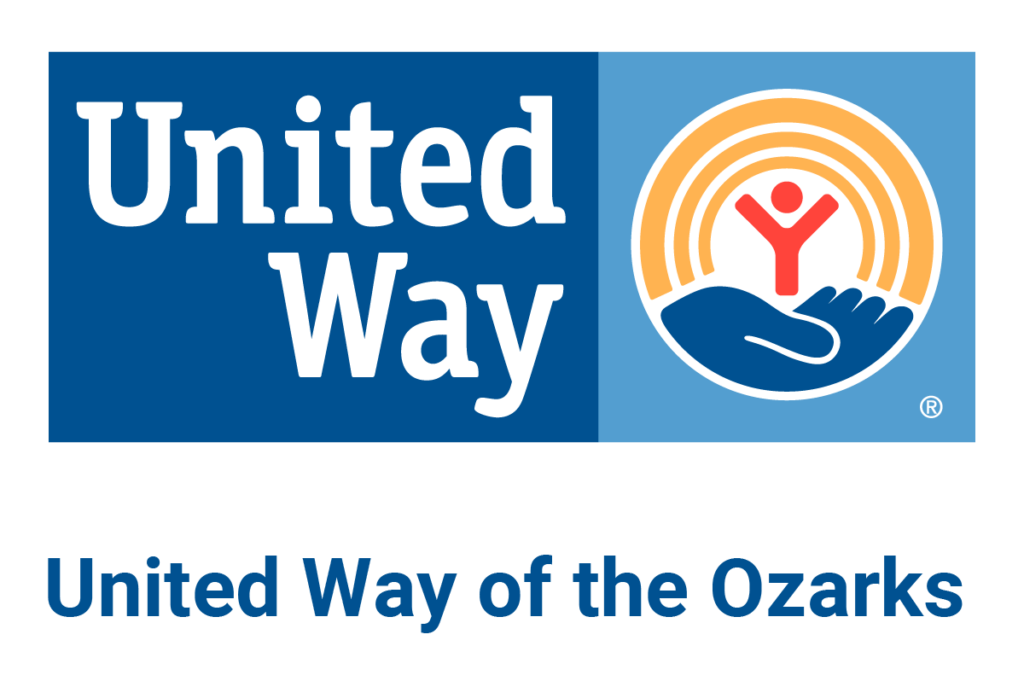Hello! My name is Kayla Lynch. I am a wife and mother of two, and I have worked for I Pour Life for almost four years in our LifeStrengths department. I graduated with my degree in Psychology and Christian Studies and began my journey in the foster care system. I worked as a summer staff member for Good Samaritan Boys Ranch in college. Here, I was introduced to residential living. Out of college, I worked in mental health services before accepting a position at Missouri Baptist Children’s Home (MBCH) as a residential specialist supervisor. While at MBCH, I began diving into trauma-informed care and was introduced to Trust Based Relational Intervention (TBRI). My knowledge of trauma comes from my experiences; therefore, I am not an expert. I am passionate about the importance of trauma-informed care. So, before diving into my experience with TBRI, let’s talk about trauma-informed care.
Trauma Informed Care is an approach that leads with the understanding that a person is more likely to have experienced trauma in their life than not experienced trauma at all. So with this approach, you bring a sense of sensitivity when interacting with others. This approach has become critical when working with at-risk youth. All of our population has experienced trauma in some way. Whether through abandonment, abuse, neglect, homelessness, or even just entering the foster care system and gaining the label of “foster youth,” their trauma affects their outlook, behavior, and brain processes. So when coaching, we approach all our youth with this critical trauma-informed approach. I believe that this approach brings dignity, understanding, and necessary gentleness.
There are so many incredible trauma tools, but at I Pour Life, we have spent time learning and utilizing the Trust-Based Relational Intervention or TBRI. Instead of explaining TBRI in my own words, I found this definition: “TBRI is an attachment-based, trauma-informed intervention designed to meet vulnerable children’s complex needs. TBRI uses Empowering Principles to address physical needs, Connecting Principles for attachment needs, and Correcting Principles to disarm fear-based behaviors. While the intervention is based on years of attachment, sensory processing, and neuroscience research, the heartbeat of TBRI is connection.” I have seen firsthand how powerful the TBRI approach can be for foster youth. Focusing on building safety first and having a mindset of healing hurts allows youth to have a trusting adult relationship for maybe the first time. There are so many incredible pieces of training around TBRI that you can find at child.tcu.edu.
When it comes to our LifeCoaching model, understanding trauma and having tools like TBRI to build safety and meet needs is essential. I have been in conversations with my youth where they have expressed how hard it is to trust adults. In coaching, a meeting is pointless if you don’t have the trust of the youth. I remember a youth I coached for over a year and working incredibly hard to build a relationship where safety was the foundation. It wasn’t until she felt safe in our relationship that I could begin pushing her towards achieving goals such as taking her HiSET.
As an organization, we believe that anyone can thrive given the right tools and environment. When trauma is acknowledged, it allows our coaches to build deeper relationships where there is an understanding that we must work hard to heal what others have hurt. Through that acknowledgment, we begin to give our youth the right tools and push them to a healthy environment to thrive. All of our youth have faced trauma in some way, but that doesn’t mean they are incapable of accomplishing their dreams. It means that we, as coaches, must work hard to learn tools such as TBRI to ensure our youth have the best support, care, and growth opportunity.






